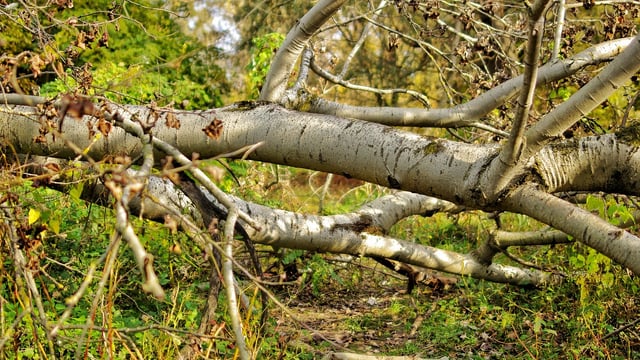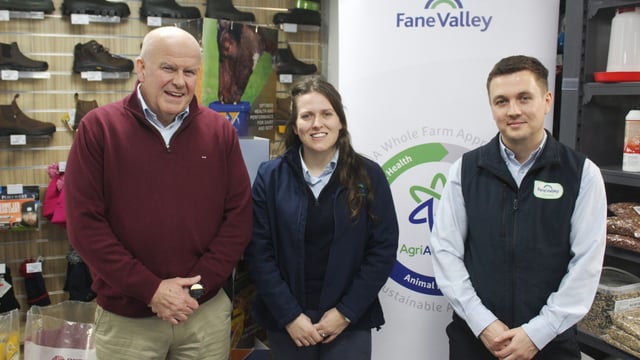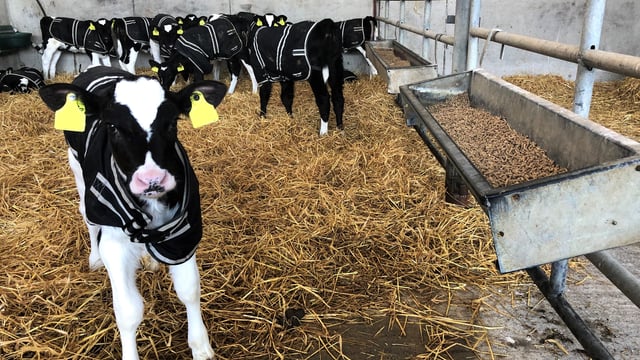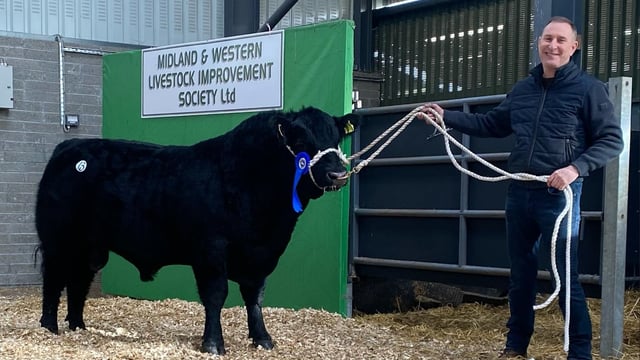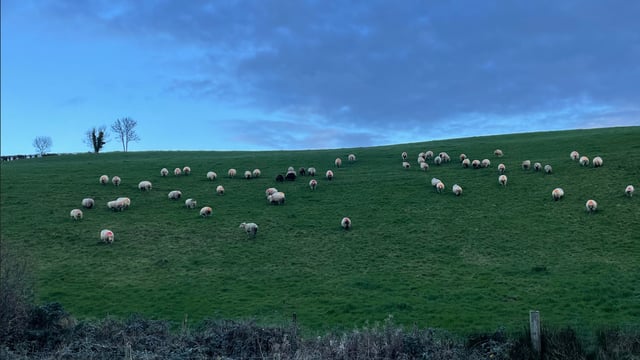BISS 2025 now open for applications
Minister for Agriculture, Food and the Marine Martin Heydon has announced the opening of the application process for the 2025 Basic Income Support for Sustainability (BISS).
This application process also includes the Complementary Redistributive Income Support for Sustainability (CRISS), the Eco-Scheme actions, and the other related schemes.
These include BISS, the Eco-Scheme, the Complementary Income Support for Young Farmers (CISYF), the Protein Aid Scheme, the National Reserve, and transferring of entitlements.
Farmers can apply for all elements of direct payments online by the closing date of May 15.
This helps to ensure that all applications under these schemes can be processed as efficiently as possible, the Department of Agriculture, Food and the Marine said.
Farmers are reminded to check that they have correctly applied for the Areas of Natural Constraints (ANC) and continued participation in the CISYF, if applicable.
Annual payment claims for the Straw Incorporation Measure (SIM), the Agri Climate Rural Environment Scheme (ACRES), and the Organic Farming Scheme (OFS) can also be made online, along with the Multi-Species Sward Measure and the Red Clover Silage Measure.
Minister Heydon said: “Over the coming weeks, farmers will be receiving a BISS information pack in the post containing their maps and land details for 2025. This information will assist farmers and their advisors to make their online application.”
He added: “The closing date for BISS applications in 2025 is Thursday, May 15. I urge farmers and advisors to avail of the opening of the application process now rather than waiting until nearer the closing date.”
The department said that the terms and conditions should be read carefully, in particular for tillage farmers.
The department highlighted changes around some Good Agricultural and Environmental Conditions (GAECs), particularly GAEC 7 (crop rotation and diversification in arable lands).
GAEC 2 (protecting peatlands and wetlands) will be applicable in 2025. Applicants impacted by this GAEC will be notified in due course of the land parcels affected and the obligations applying to those land parcels.
GAEC 2 is one of two new conditionality standards for 2025 that farmers should be aware of, the other being 'social conditionality'.
GAEC 2 is a baseline minimum requirement to protect carbon rich soils. In Ireland, the grass-based system already provides considerable protection for such soils and they are also protected by existing national planning provisions, for example on drainage.
Therefore, the introduction of this standard is expected to have minimal impact on farmer's day-to-day operations, according to the department.
The department said that, in practice, it is only at the point that a farmer wishes to carry out drainage, reseeding of grassland, or deep ploughing that the farmer needs to check if the land parcel in question is a GAEC 2 parcel.
Under the standard, farmers can maintain and repair existing drains. New drainage is also possible, provided it respects existing national legislation for drainage on peatlands and wetlands.
In practice, a farmer who wishes to carry out new drainage needs to consult with the mapping system on AgFood to check if the land parcel area involved is a GAEC 2 parcel. If so, then the relevant national provisions must be followed, for example seeking planning permission.
The other elements included in the standard are normal agricultural practices in the Irish context, such as ploughing (deep ploughing beyond 30cm is not allowed), reseeding of grassland (one year in four if possible, which is in line with current practice).
The GAEC 2 standard is still subject to approval by the European Commission. Once approved, the department said it will write to all affected farmers to inform them of which parcels are in scope of GAEC 2 requirements.
The department will manage an appeals process by which farmers can raise an appeal if they believe their parcel is not a GAEC 2 parcel, as identified on the AgFood system.
A system of appeals will also be available for the new social conditionality. Under that condition, an additional conditionality penalty may be applied to farmers that are found to be in breach of certain legislation relating to workplace safety, employment standards, or the safe operation of machinery in the workplace.
This standard will not involve any additional checks by the department, but will be facilitated by cross-reporting from the Workplace Relations Commission (WRC) and the Health and Safety Authority (HSA).
The department said that, for farmers, there are no new requirements. Existing national rules on health and safety, or employment law, will continue to apply, as normal.


